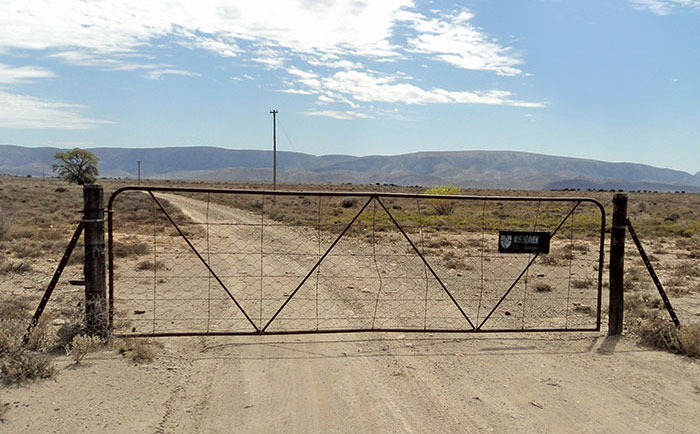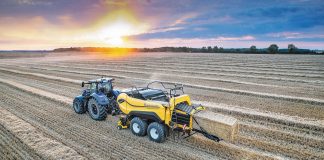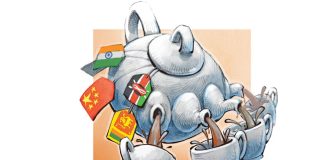
I wish it weren’t so easy for me to continue with my day, as I did this week, after reading of another farmer that has been murdered, a truck driver that was set alight while taking a rest at the side of the road, and a woman who was murdered, and her nine-year-old daughter raped, by her boyfriend.
READ Vital tips for stepping up security on your farm
I have been reading news reports in foreign publications about the recent murders of South Africans such as Stellenbosch farmer Stefan Smit, Bonnievale farmer Tool Wessels, and Annette Kennealy, a well-known activist against farm attacks.
South Africa’s land and racial politics are broadly discussed alongside these crimes, creating a strong impression that the murders were politically motivated.
This is a dangerous leap to make, not only because it ignores the role that poverty and other socio-economic factors play in these crimes, but also because it appears to try and rationalise the violence.
READ Crime – what SA is best known for?
However, having said that, even though these crimes may not be solely, or even at all, politically motivated, I believe there is a very real chance that irresponsible rhetoric directed against white commercial farmers by politicians may influence the degree of cruelty with which these crimes are often committed.
The farming community in South Africa is not unique in having to suffer at the hands of thieves, rapists, torturers and murderers.
But to acknowledge that rural crime, and especially farm attacks, is a serious problem that requires urgent attention, does not imply that other forms of violent crime suffered by other segments of society are less serious, or less deserving of attention.
And in the case of violence being perpetrated against farmers and farmworkers, we are well beyond the point where this should have been made a priority crime.
READ Agri SA in partnership to improve rural safety
It would be foolish to think that we could successfully transform the farming sector and achieve economic growth in rural areas without first ensuring the safety of people living on farms.
If there is no trust between rich and poor, black and white, and foreigners and locals living in rural areas, and if none of these people can feel safe, then there is no foundation on which we can start building more inclusive, economically stable rural communities.
To bring some peace and stability to our farming community there needs to be, first of all, strong and public condemnation from President Cyril Ramaphosa and his national executive against these crimes.
READ Rural human settlements could threaten farmland – report
This has to be backed up by allocating sufficient resources to rural policing structures. Urgent attention must also be given to providing basic services such as healthcare, housing, electricity, water and proper schooling to rural communities.
Otherwise, desperate people will continue to commit desperate acts.
Yes, we need to carry on with our lives in spite of the daily violence. But we cannot continue to allow these horrible crimes to become just fading echoes in our sorry,
calloused souls.












